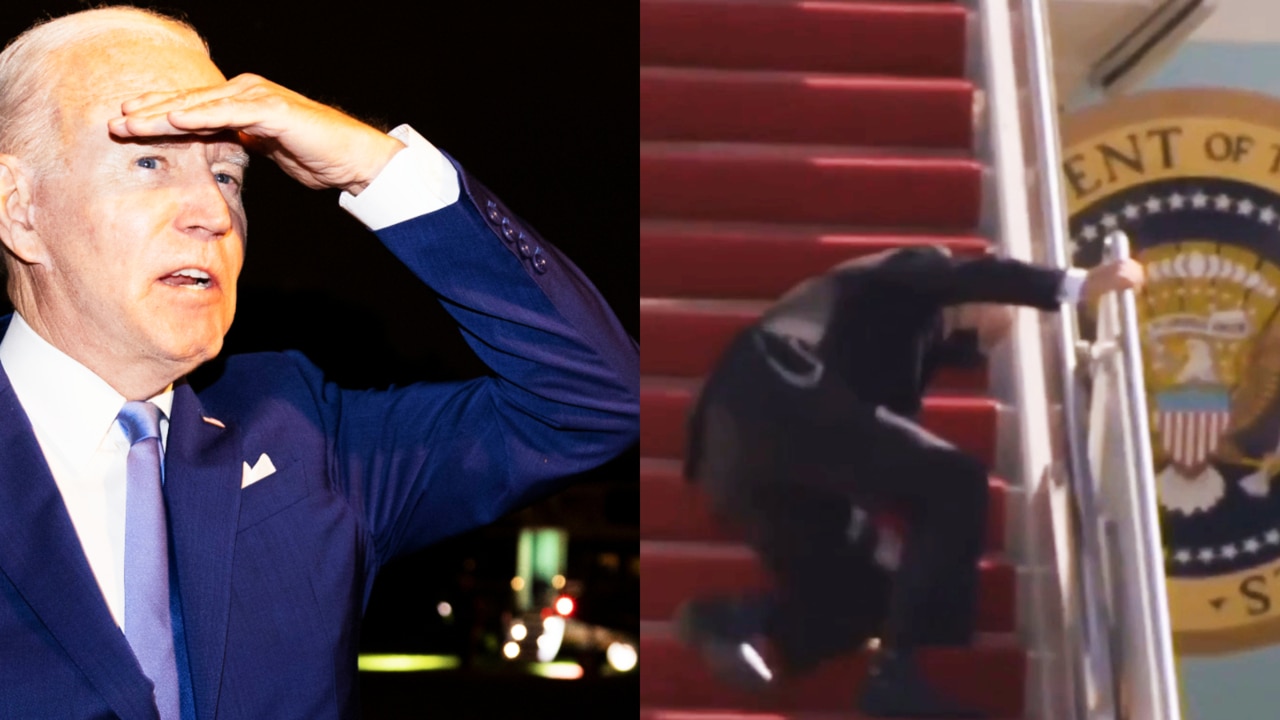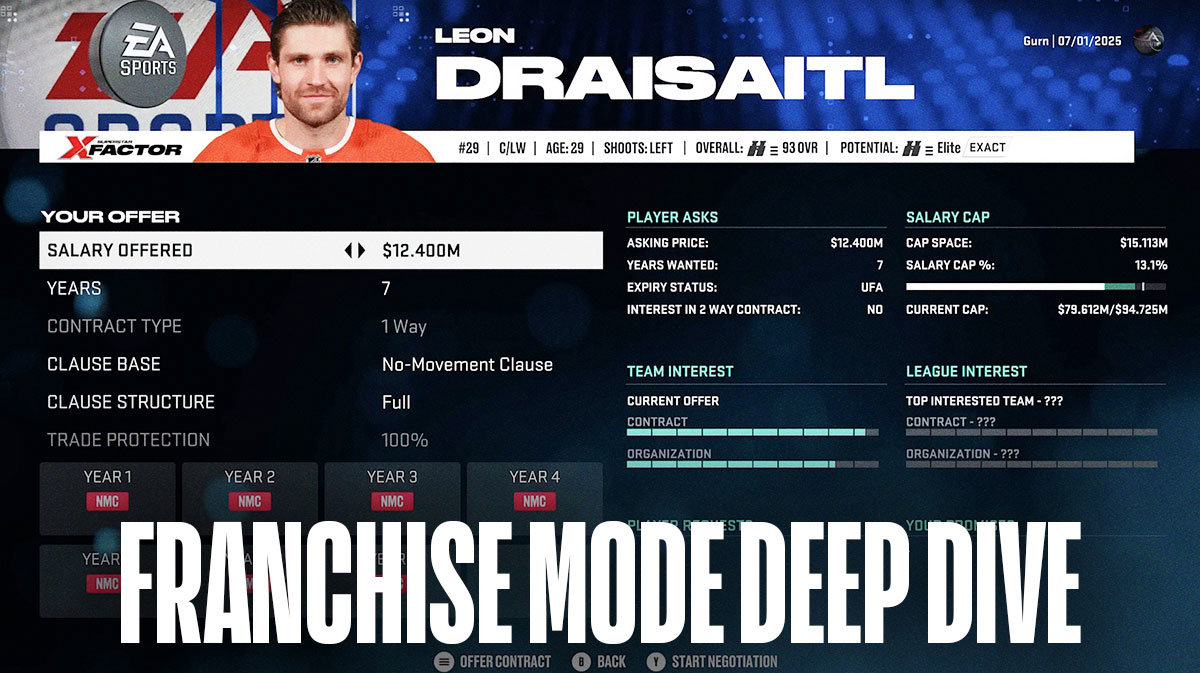Trump's "Sleepy Joe" Attacks: Analyzing Biden's Presidency

Table of Contents
The Rhetorical Strategy Behind "Sleepy Joe"
The effectiveness of "Sleepy Joe" lies in its simplicity and negative connotation. It's a concise, easily memorable phrase that subtly paints Biden as incompetent, lethargic, and out of touch – qualities undesirable in a president. This rhetorical device operates on a subconscious level, associating negative emotions with Biden's name. The psychological impact is significant, as repeated exposure to such labels can influence voters' perceptions, regardless of factual evidence.
- Examples: Trump frequently used "Sleepy Joe" in rallies, tweets, and interviews, consistently reinforcing the negative image.
- Emotional Response: The nickname aims to evoke feelings of distrust, concern, and even ridicule, undermining Biden's authority and credibility.
- Comparison: While political nicknames are common, "Sleepy Joe" stands out for its consistent and pervasive use, surpassing the impact of many other similar attempts. It exemplifies a broader strategy of personal attacks over policy debates.
Biden's Policy Achievements and the "Sleepy Joe" Narrative
Despite the persistent "Sleepy Joe" attacks, the Biden administration achieved several notable policy successes. The bipartisan infrastructure bill, substantial investments in clean energy and climate change initiatives, and legislative action on gun control represent significant policy achievements. These accomplishments directly contradict the image of an ineffective or unconcerned leader projected by the nickname.
- Quantifiable Results: The infrastructure bill alone promises millions of jobs and improvements to roads, bridges, and public transit, measurable outcomes that counter the narrative of inactivity.
- Media Coverage: Media outlets varied in their coverage. Some emphasized the "Sleepy Joe" narrative, while others highlighted Biden's policy achievements, creating a complex media landscape that influenced public perception.
- Public Opinion: Public opinion polls show fluctuating approval ratings for Biden, reflecting the interplay between policy achievements and the persistent negative campaigning. Analyzing these polls reveals the potential impact of the nickname on public sentiment.
The Impact of Personal Attacks on Political Discourse
Trump's use of "Sleepy Joe" exemplifies a broader trend of increasingly personal attacks in political discourse. This approach undermines substantive policy debates, erodes public trust in political institutions, and contributes to a highly polarized political climate. The constant barrage of personal attacks overshadows serious policy discussions, leaving voters struggling to separate rhetoric from reality.
- Historical Context: Personal attacks have always been a feature of American politics, but the scale and intensity of such attacks have intensified in recent years, particularly with the rise of social media.
- Political Polarization: The "Sleepy Joe" campaign contributed to political polarization, exacerbating existing divisions and making constructive dialogue more difficult.
- Voter Engagement: Negative campaigning, while potentially effective in mobilizing one's base, can also decrease voter turnout and engagement as citizens become disillusioned with the political process.
Long-Term Effects and Public Perception
The long-term impact of the "Sleepy Joe" attacks remains to be seen. However, it's likely to shape how historians view this period, influencing assessments of both Biden's presidency and Trump's political strategies. The persistent use of such nicknames sets a precedent for future campaigns, suggesting that personal attacks may become increasingly prevalent in American politics.
- Historical Perspective: Historians will weigh the "Sleepy Joe" narrative against Biden's actual policy achievements and broader historical context to develop a nuanced understanding of his presidency.
- Lasting Impact: The effect of negative political campaigning is complex and long-lasting. It can create lasting impressions on the electorate, shaping future voting patterns and influencing public discourse for years to come.
- Future Strategies: Understanding the impact of "Sleepy Joe" is crucial for developing strategies to combat similar attacks in future political campaigns. This includes promoting fact-based reporting, countering misinformation, and encouraging more substantive political debates.
Conclusion: Assessing the Legacy of "Sleepy Joe" and Biden's Presidency
Assessing Trump's "Sleepy Joe" strategy requires considering its impact on both Biden's presidency and the broader political landscape. While the nickname may have influenced public opinion to some degree, it did not ultimately invalidate Biden's policy successes. This analysis highlights the importance of evaluating political discourse critically, moving beyond personal attacks to assess candidates based on their policies and records. We must actively engage in assessing Trump's "Sleepy Joe" strategy and analyzing the impact of "Sleepy Joe" attacks on Biden's presidency to ensure a more informed and productive political future. By understanding the Biden presidency beyond the "Sleepy Joe" narrative, we can foster a healthier and more robust democracy.

Featured Posts
-
 Daniels Injury A Turning Point In San Jose Earthquakes Loss To Lafc
May 16, 2025
Daniels Injury A Turning Point In San Jose Earthquakes Loss To Lafc
May 16, 2025 -
 Years After Embryo Dispute Did Elon Musk Father Amber Heards Twins
May 16, 2025
Years After Embryo Dispute Did Elon Musk Father Amber Heards Twins
May 16, 2025 -
 Get Ready For Nhl 25s Arcade Mode Comeback
May 16, 2025
Get Ready For Nhl 25s Arcade Mode Comeback
May 16, 2025 -
 Armed Individual Reported Near Gsw Campus Police Investigation Underway
May 16, 2025
Armed Individual Reported Near Gsw Campus Police Investigation Underway
May 16, 2025 -
 Tam Krwz Awr Mdah Ka Jwtwn Ka Waqeh Tfsyly Rpwrt Awr Wayrl Wydyw
May 16, 2025
Tam Krwz Awr Mdah Ka Jwtwn Ka Waqeh Tfsyly Rpwrt Awr Wayrl Wydyw
May 16, 2025
